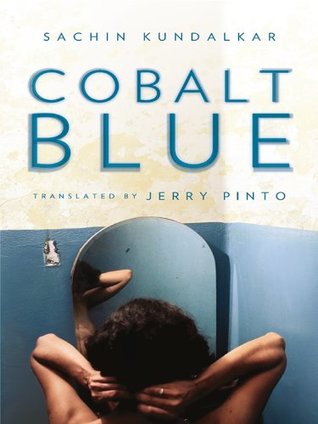More on this book
Community
Kindle Notes & Highlights
‘When one gets up, there’s a moment when everything looks odd and strange.’
It’s different with you; alcohol makes you ask questions, the odd questions only you can ask.
But of course, to us, culture is anything that is more than a hundred years old.
But then you said that the only name that had any meaning was the one that someone used when they wanted to call out to you.
They scramble to look good. They want to be safe. Not my type.
How did I acquire those habits? Perhaps that’s what happens during the forging of a relationship: if nothing else, you adopt some of the other person’s habits. It makes you feel those small adaptations, those adoptions, make him one of you.
You would have liked the way I behave now. Your rules. Don’t let them get to you. Don’t argue.
I had only met men like you in novels, men who lived their own idiosyncrasies.
Sometimes I got angry with you. You’d behave as if you were some perverse actor; the poet of your own unreasonable spirit.
What did you do with them? What did you think you’d do to me?
That you should show a similar interest in meeting someone seemed impossible; but you were both the kind who did as you pleased.
I put my head in her lap and said that I knew that she knew that I had something I wanted to tell her. She said, ‘Whatever.’
You began what you described as your accomplished solitude from that day. This term—accomplished solitude—struck me deeply. And it slowly began to dawn on you that you did not need people around you when you were painting or reading, when you were watching a film with deep concentration, or when you sat down to eat, chewing every mouthful and savouring every flavour. You made loneliness easy on yourself.
You’re so set in your ways, so clear about your decisions, will you ever notice that it isn’t necessary to be so cut and dried about everything?
Husain raced thoroughbreds at me, Seurat drew pointillist rangolis in my head, Picasso showed me many simultaneous aspects of the human face, Dali melted time for me and mysterious Anjolie Ela Menon . . .
If all these things were to be ground together, the result would be the indeterminate green of a fungus.
you once said to me: ‘Forget about symmetry, Tanay; forget about balance.’
When the sun is shining and we look at each other from a distance, and we smile, it’s white, a shining white. If I’m talking to someone and mention you, my face changes, it’s a dark blue. Dark brown when I call out to you; peaceful green when you call out to me.
For a while, I seemed to go deaf. The multicoloured lights began to merge into one. And suddenly, nothing seemed clear.
Those who choose to live differently must suffer the consequences. They must take the pain their decisions bring.
Once you try something hypocritical, you can never sound convincing again.
I have started to feel that the friends you make in school, the ones you’ve known forever, begin to turn into fossils. They merge into their families, losing all identity.
The poet suggested that the walls of your room know you best.
Our house was big enough for middle- class dreams but not for privacy.
He was so incensed he started forward to slap me. Aai got in the way. She calmed him down and sent him into another room. Then she came and slapped me and then went with him.
perhaps what really matters is the intensity of the time you spend together rather than the length of it.
Far better to dream up what a scone is, far better to let it explode in a million flavours on your tongue than to look it up and discover its somewhat quotidian doughiness.
They move from the present to the past and back to the present without so much as an asterisk to help you adjust. Tanay says things again and again, as if he wants to reassure himself, as if repetition will fix what has happened in his memory. Once you get used to this, you realize that this is how we grieve, how we remember, in the present tense and in the past, all at once, because the imagined future must now be abandoned.


